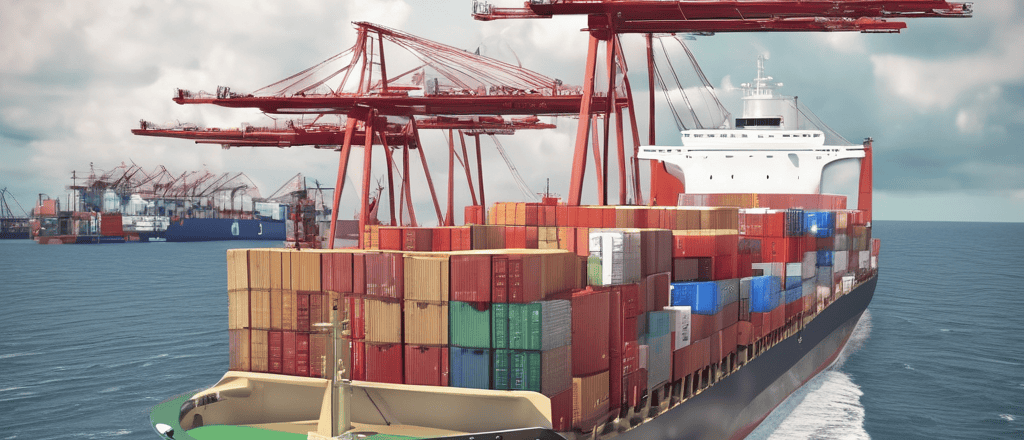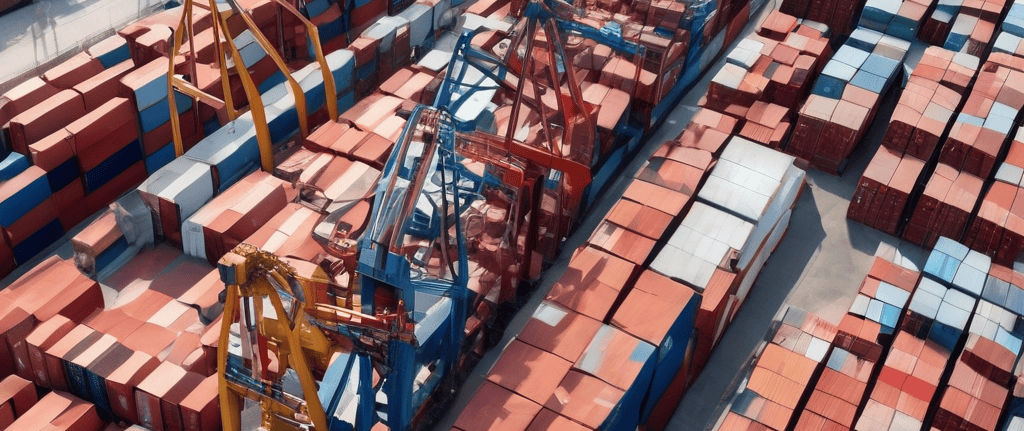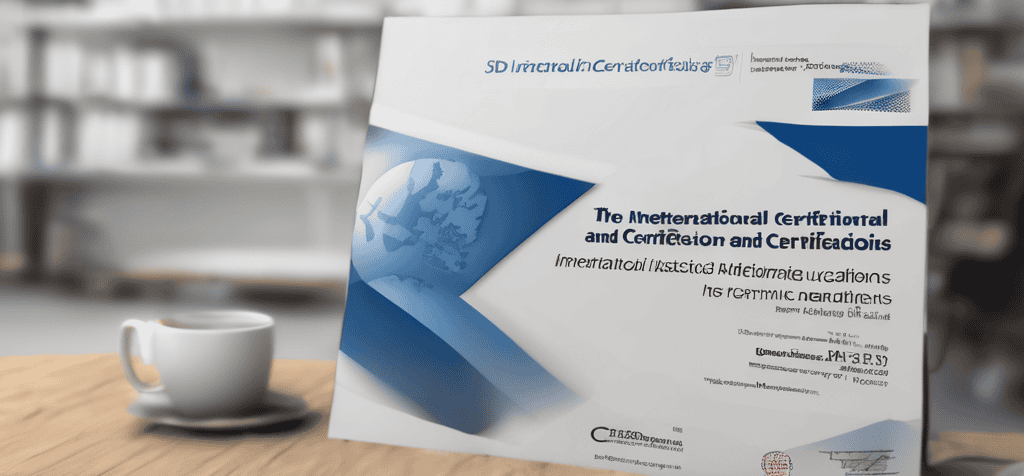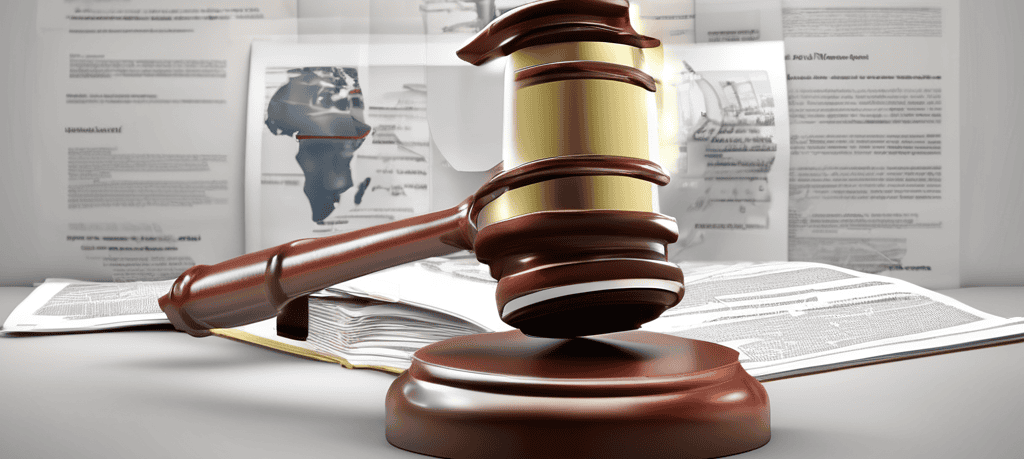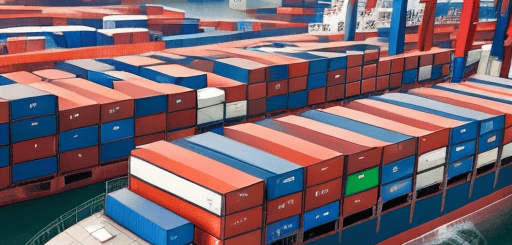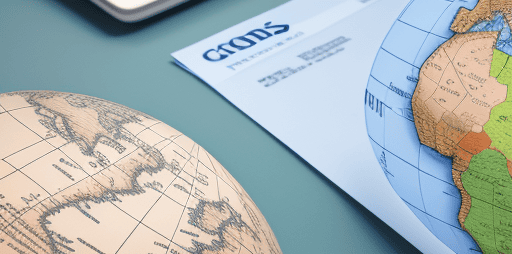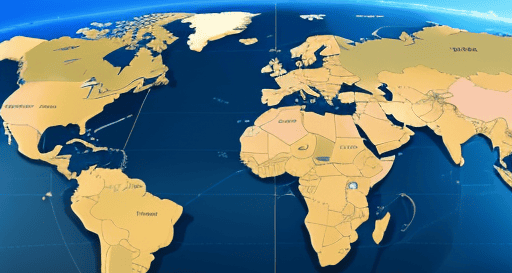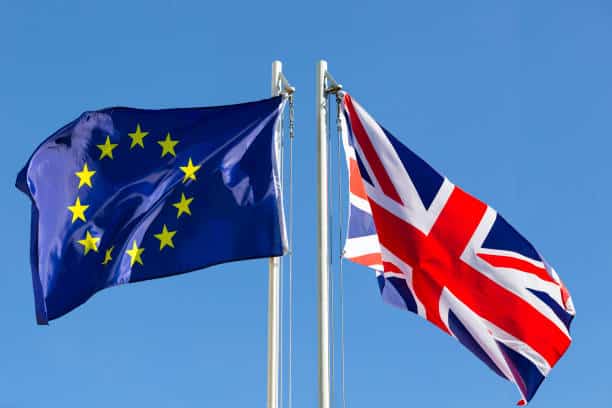In the fast-paced and competitive landscape of international business, due diligence serves as a critical safeguard for acquirers, enabling informed decision-making, risk mitigation, and value creation in M&A transactions. By conducting thorough due diligence, acquirers can identify opportunities, assess risks, and navigate complexities effectively, positioning themselves for success in the dynamic and interconnected world of global M&A.
In the realm of global business, mergers and acquisitions (M&A) serve as pivotal strategies for expansion, market entry, and consolidation. However, the success of such endeavors hinges significantly on thorough due diligence processes, particularly in international contexts where regulatory landscapes, cultural nuances, and market dynamics vary widely. Here, we explore the importance of due diligence in international M&A and its role in mitigating risks, ensuring strategic alignment, and maximizing value creation.
Understanding the Significance of Due Diligence in International M&A
- Risk Mitigation:
Due diligence is paramount in uncovering potential risks and liabilities associated with target companies, including legal, financial, operational, and reputational risks. Conducting comprehensive due diligence helps acquirers assess the target's financial health, identify potential red flags, and evaluate the feasibility and viability of the transaction, reducing the risk of post-acquisition surprises and costly legal disputes.
- Strategic Alignment:
Effective due diligence enables acquirers to assess the strategic fit between the acquiring company and the target, ensuring alignment with long-term business objectives, market positioning, and growth strategies. By evaluating synergies, competitive advantages, and cultural compatibility, due diligence helps acquirers identify opportunities for value creation, integration, and strategic growth initiatives post-acquisition.
- Value Maximization:
Thorough due diligence enables acquirers to uncover hidden opportunities, operational efficiencies, and untapped potential within target companies, driving value creation and enhancing the return on investment (ROI) for shareholders. By identifying areas for improvement, cost savings, and revenue enhancements, due diligence empowers acquirers to negotiate favorable terms, structure deals strategically, and optimize valuation in international M&A transactions.
Strategies for Effective Due Diligence in International M&A
- Comprehensive Assessment:
Conduct a multidisciplinary due diligence process, encompassing financial, legal, tax, regulatory, operational, and cultural aspects of the target company's business operations. Engage qualified professionals, including financial advisors, legal counsel, and industry experts, to perform in-depth analyses and assessments across key areas of concern and opportunity.
- Cross-Border Considerations:
Account for cross-border complexities, including regulatory compliance, cultural differences, and geopolitical risks, when conducting due diligence in international M&A transactions. Tailor due diligence processes to address country-specific regulations, market dynamics, and local business practices to mitigate risks and ensure compliance with legal and regulatory requirements in target markets.
- Integration Planning:
Integrate due diligence findings into post-acquisition integration planning to facilitate seamless transition, synergy realization, and value capture. Develop integration roadmaps, synergy realization plans, and communication strategies to align organizational cultures, integrate systems and processes, and maximize operational efficiencies in the merged entity.
#DueDiligence #MergersAndAcquisitions #InternationalBusiness #RiskMitigation #ValueCreation #CrossBorderMnA #StrategicAlignment #IntegrationPlanning #BusinessStrategy #GlobalExpansion
Read more views



























